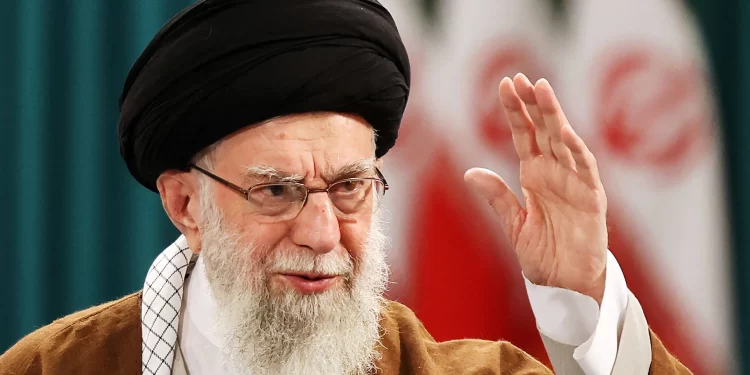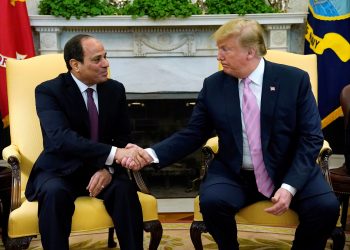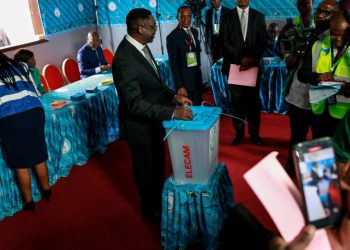Iranian President Masoud Pezeshkian said the United States must “receive a response” to its attacks on nuclear sites in Iran.
“The Americans must receive a response to their aggression,” Pezeshkian told French President Emmanuel Macron, according to the official IRNA news agency.
In a post on X, Macron said that during the conversation with Pezeshkian, he “called for de-escalation and for Iran to exercise the utmost restraint in this dangerous context, to allow a return to diplomatic channels.”
Pezeshkian called on Iranians to unite in the face of the attacks from Israel and the US. He joined a march in Tehran where demonstrators chanted slogans against Israel and the US, the Fars news agency reported.
Iran’s foreign minister, Abbas Araghchi, said earlier Sunday that there would be “everlasting consequences” for the US attacks.
Meanwhile, the State Department has ordered all non-essential personnel and the families of staff at the US Embassy in Lebanon to leave as concerns mount about Iranian retaliation for US strikes in Iran.
In a notice issued on Sunday, the State Department said it had taken the step “due to the volatile and unpredictable security situation in the region.”
The notice made no mention of any potential evacuation flights or other assistance for private US citizens wanting to leave Lebanon but said they should try to use existing commercial services to depart.
The US has already organized several evacuations of American citizens from Israel and is advising American citizens in Iran on how to leave the country.
Iran’s Supreme National Security Council must make the final decision on whether to close the Strait of Hormuz following US bombing raids, Iran’s Press TV said on Sunday.
Parliament is reported to have backed the measure, with Iran having long used the threat of closing the Strait, through which around 20% of global oil and gas demand flows, to fend off pressure from the West.
Tensions are at their highest following the overnight US strikes on its nuclear facilities. A decision to close the strait is not yet final.
Esmail Kosari, a member of parliament’s national security commission, was quoted on Iranian media as saying: “For now, [parliament has] come to the conclusion we should close the Strait of Hormuz, but the final decision in this regard is the responsibility of the Supreme National Security Council.”
Kosari, who is also a Revolutionary Guards Commander, had earlier told the Young Journalist Club that closing the strait was on the agenda and would be done “whenever necessary.”
Iranian Foreign Minister Abbas Aragchi had dodged the question when he was pressed, replying: “A variety of options are available to Iran.”
The strait lies between Oman and Iran and links the Mideast Gulf north of it with the Gulf of Oman to the south and the Arabian Sea beyond. It is 21 miles (33 kilometers) wide at its narrowest point, with the shipping lane just two miles wide in either direction. – DW.
















































